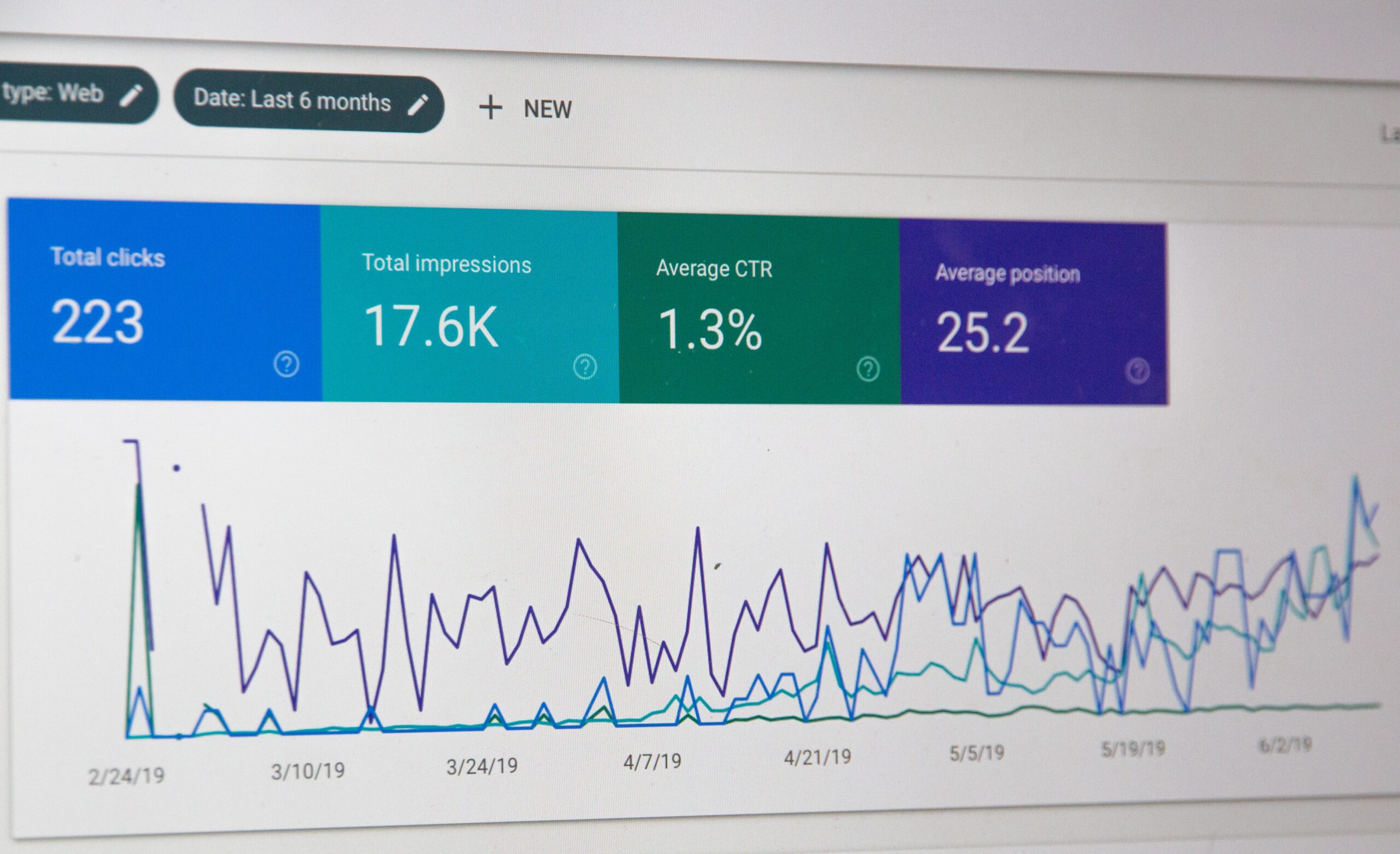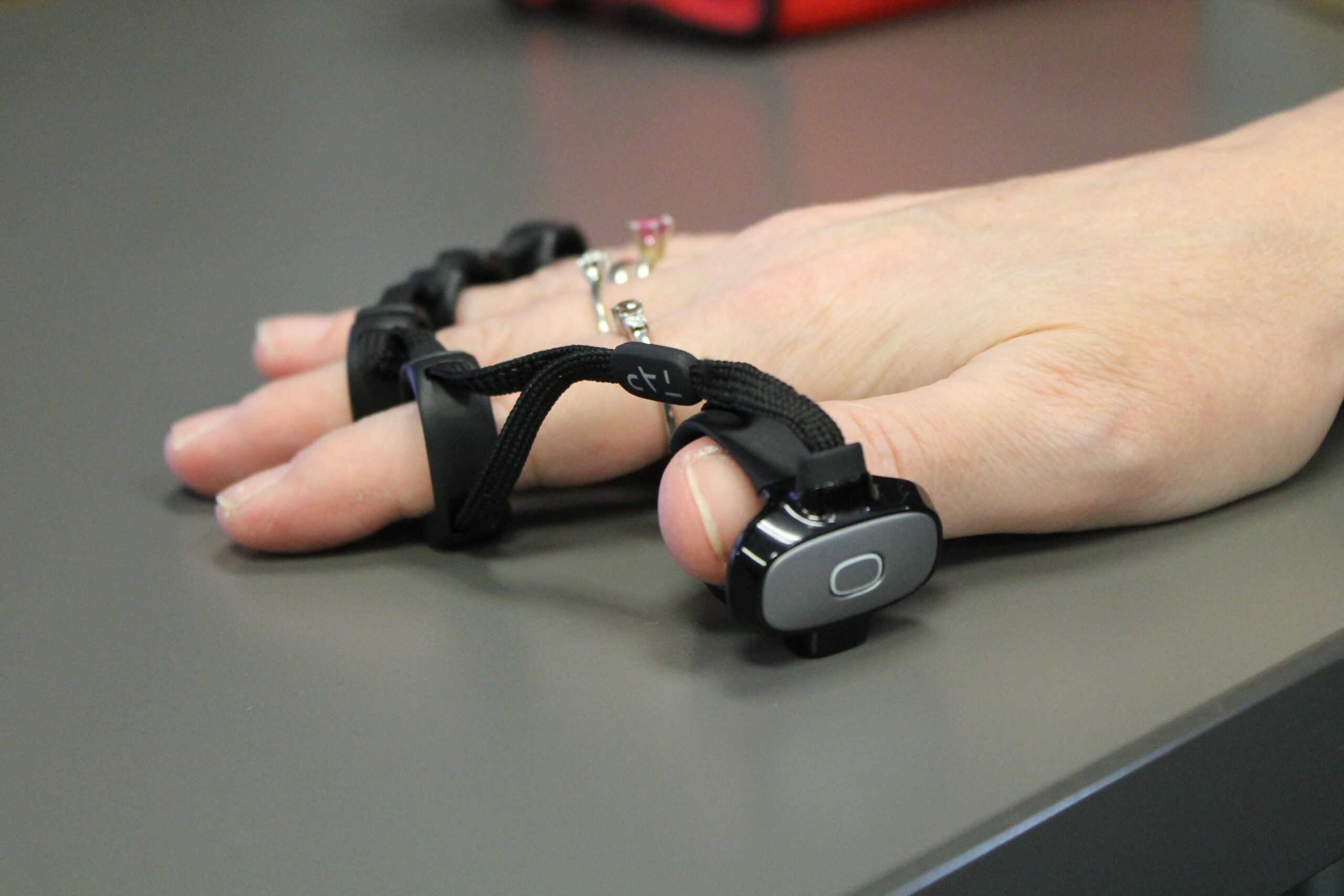Accessibility Testing Services
Accessible Zone: Empowering Digital Accessibility for All
Welcome to Accessible Zone, your trusted partner in accessibility testing services. We help businesses achieve ADA compliance and meet WCAG standards with expert audits and VPAT reports. Our specialists use advanced tools and manual testing to detect accessibility issues, ensuring your website, app, or software is fully inclusive and usable for all.


Website Accessibility
We offer web accessibility testing services to ensure your website is usable by everyone. Our audits identify barriers and provide clear solutions to meet WCAG 2.2, ADA, and Section 508 compliance. By improving accessibility, you not only reduce legal risks but also enhance SEO and expand your audience reach.
Mobile Accessibility
Our mobile accessibility testing services help make your apps inclusive and compliant with standards. We test across devices and assistive technologies to ensure smooth navigation for all users. With a focus on WCAG guidelines and ADA compliance, we deliver detailed reports and fixes that improve usability and meet accessibility requirements.
Software Accessibility
Our software accessibility testing services ensure desktop and enterprise applications meet WCAG, ADA, and Section 508 compliance requirements. We use manual testing, automation, and assistive technology to uncover barriers. Our team then provides remediation guidance so your software is fully accessible, legally compliant, and usable by people of all abilities.
VPAT 2.5 Report
We specialize in creating accurate VPAT reports that demonstrate your product’s accessibility conformance. Our experts test against WCAG 2.2, ADA, and Section 508 standards, documenting results in a professional VPAT format. This helps you showcase compliance to clients, government agencies, and partners while building trust and credibility in accessibility.

About Us
Our Company Is Here To Help You
At Accessible Zone, our IAAP- and DHS-certified experts specialize in delivering accessibility testing services for websites, mobile apps, and software. We help businesses, schools, and organizations achieve ADA compliance, meet WCAG 2.2 and Section 508 standards, and provide clear paths to digital inclusivity.
Our team prepares detailed audit reports, accessibility statements, VPATs (Voluntary Product Accessibility Templates), and ACRs (Accessibility Conformance Reports). Each report is tailored to highlight accessibility gaps and offer practical remediation guidance. With our specialized knowledge and certifications, we ensure your digital products meet compliance requirements and are accessible to all users.
We Serve To All Type Of Businesses
E-Comerce Websites
We provide web and mobile accessibility testing services for all types of e-commerce platforms, including Shopify, Magento, WooCommerce, and more. Our experts ensure your online store meets WCAG 2.2, ADA, and Section 508 compliance, creating a fully inclusive shopping experience. With accessibility, you improve usability, expand reach, and build customer trust.
Health Care Websites
We provide comprehensive web and mobile accessibility testing services for healthcare websites, including hospitals, clinics, medical device manufacturers, and health information portals. Our experts ensure full WCAG 2.2, ADA, and Section 508 compliance, making healthcare information accessible to everyone, improving usability, expanding reach, and supporting equal access for patients and users.
Finance & Banking Sites
We provide expert web and mobile accessibility testing services for finance and banking platforms, including online banking, mobile apps, investment websites, and financial service portals. Our audits ensure WCAG 2.2, ADA, and Section 508 compliance, making financial tools accessible to everyone, improving usability, reducing risks, and building trust with all users.
Educational Websites
We provide comprehensive web and mobile accessibility testing services for educational platforms, including online learning portals, university sites, school districts, and resource hubs. Our audits ensure WCAG 2.2, ADA, and Section 508 compliance, giving students, teachers, and staff with disabilities equal access to digital education, improving usability, and supporting inclusive learning opportunities.
Government Websites
We provide comprehensive web and mobile accessibility testing services for government websites, including federal, state, and local agencies. Our audits ensure WCAG 2.2, ADA, and Section 508 compliance, making online services, information, and resources accessible to all citizens. By improving accessibility, we help promote inclusivity, transparency, accountability, and equal digital access.
Other Websites
We provide comprehensive web accessibility testing services for all types of websites, including non-profit organizations, advocacy groups, religious organizations, blogs, forums, and business websites, to ensure that their online content, services, and resources are accessible to everyone, including people with disabilities, and comply with major accessibility standards, such as WCAG 2.2, Section 508, and ADA.
Our Testing Compliance Below Standards
WCAG, or the Web Content Accessibility Guidelines, is a set of internationally recognized standards developed by the World Wide Web Consortium (W3C) to ensure that web content is accessible to all individuals, including those with disabilities. It provides guidelines and success criteria for creating websites and digital content that can be effectively used by people with various impairments, such as visual, auditory, cognitive, and motor disabilities. Compliance with WCAG helps make the web more inclusive and usable for everyone, regardless of their abilities or disabilities. It is an essential framework for designers, developers, and organizations to create accessible and user-friendly online experiences.
The ADA, or Americans with Disabilities Act, is a comprehensive civil rights law enacted in 1990 in the United States. Its purpose is to prohibit discrimination against people with disabilities and ensure their full and equal participation in various aspects of society. The ADA covers a wide range of areas including employment, public accommodations, transportation, and telecommunications. It mandates that employers, businesses, and public entities provide reasonable accommodations to individuals with disabilities, such as wheelchair ramps, accessible facilities, and assistive technologies. The ADA has played a crucial role in advancing the rights and inclusivity of people with disabilities in the United States.
Section 508 is a U.S. federal law that requires federal agencies to make their electronic and information technology accessible to people with disabilities. This encompasses a wide range of digital content and technology, ensuring that individuals with disabilities have equal access to government information and services. Compliance involves designing technology in ways that accommodate various disabilities, promoting inclusivity and accessibility.
The European Accessibility Act (EAA) is a legislative framework adopted by the European Union in 2019. It aims to improve the accessibility of products and services for people with disabilities across EU member states. The EAA sets out requirements for a wide range of goods and services, including smartphones, ATMs, e-commerce websites, and transportation services. By harmonizing accessibility standards, the EAA seeks to create a more inclusive and accessible environment for individuals with disabilities throughout Europe.
AODA stands for the Accessibility for Ontarians with Disabilities Act. It is a provincial law in Ontario, Canada, enacted in 2005. The aim of AODA is to create a barrier-free Ontario by setting standards for accessibility in various areas, including customer service, employment, transportation, information and communications, and the design of public spaces. AODA requires businesses and organizations to take steps to identify, remove, and prevent barriers that might impede access for people with disabilities. This legislation is pivotal in promoting inclusivity and equal opportunities for individuals with disabilities in the province of Ontario.
GAAD stands for Global Accessibility Awareness Day. It is an annual event held on the third Thursday of May, dedicated to raising awareness about digital accessibility and inclusion for people with disabilities. GAAD aims to promote discussions, learning, and activities related to accessible technology and design across the globe. The day encourages developers, designers, and businesses to consider accessibility in their digital products and services, ultimately fostering a more inclusive online environment for everyone, regardless of their abilities or disabilities.
BIVT, or Barrierefreie Informationstechnik-Verordnung, is a German regulation focused on ensuring accessibility in information technology. It mandates that digital technologies, including websites and software, must be designed to be usable by people with disabilities. BIVT applies to government agencies, public institutions, and certain private sector entities. This regulation is pivotal in fostering an inclusive digital environment, ensuring that individuals with disabilities have equal access to information and services.
RGAA stands for Référentiel Général d’Accessibilité pour les Administrations or, in English, the General Accessibility Reference for Administrations. It is a French standard that provides guidelines for making digital content and services accessible to people with disabilities. The RGAA covers a wide range of digital platforms, including websites, mobile applications, and electronic documents. Compliance with RGAA is mandatory for public sector organizations in France, and it is designed to ensure that government services are inclusive and accessible to all citizens, regardless of their abilities or disabilities.
The Equal Rights for Persons with Disabilities Law in Israel aims to protect and promote the rights of individuals with disabilities. It covers various aspects of life, including accessibility, education, employment, and more. The law mandates that public spaces, services, and facilities be made accessible, and it also outlines provisions to ensure equal opportunities for individuals with disabilities in various spheres of society.





